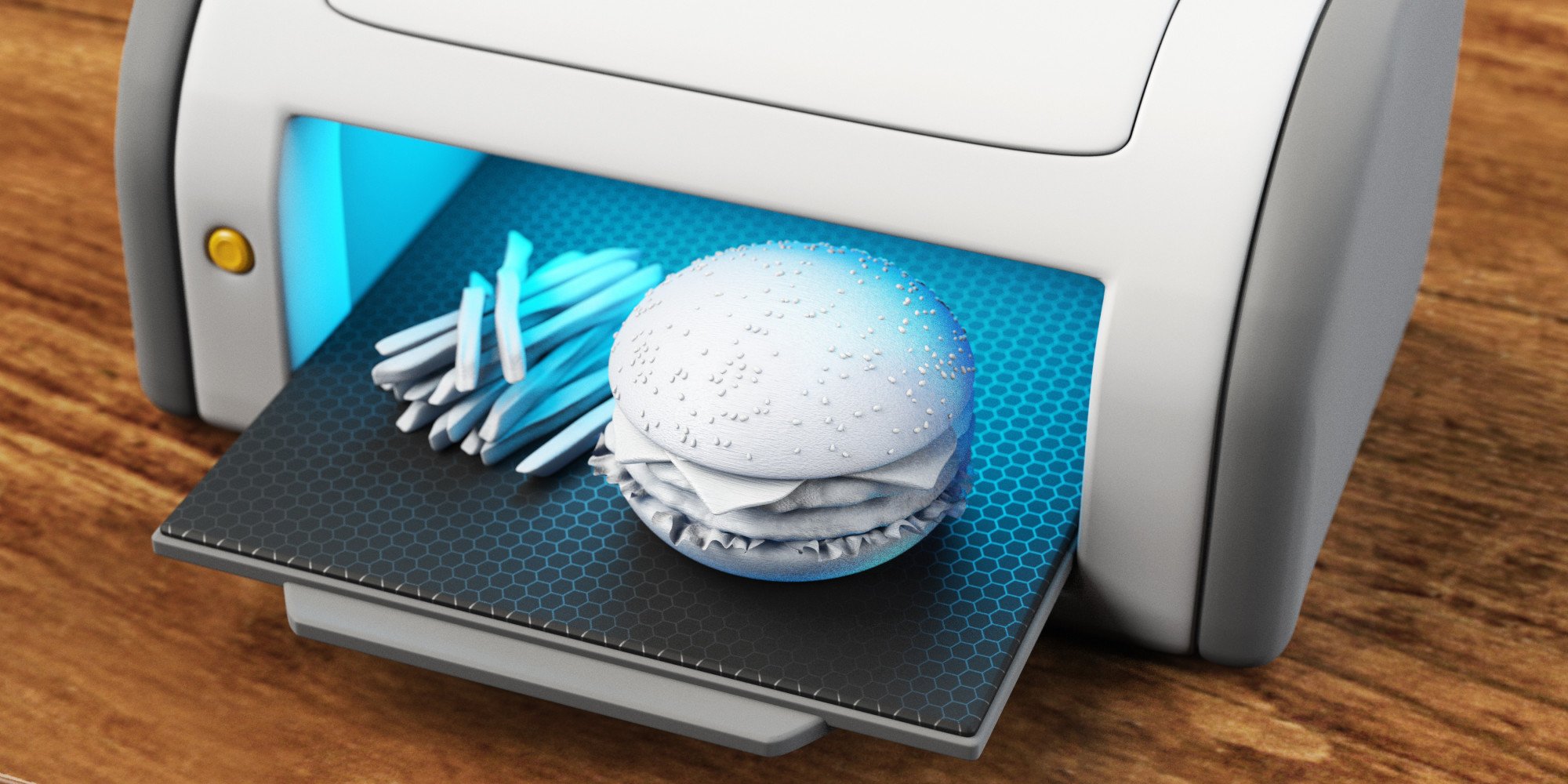
Oct 10, 2024
Three-dimensional (3D) printing, also known as additive manufacturing, has transformed the way products are designed, manufactured, and used. At the heart of this revolution are advanced materials that enable the creation of complex structures, precise components, and innovative products. In this blog, we'll delve into the world of advanced materials for 3D printing, exploring the latest technologies, global markets, and the impact on various industries.
Plastics and Polymers: These are the most used materials in 3D printing. They are lightweight, versatile, and relatively inexpensive. Examples include PLA (polylactic acid) and ABS (acrylonitrile butadiene styrene).
Metals: Metal 3D printing is gaining popularity for its strength and durability. Common metals used include titanium, stainless steel, and aluminium. These materials are crucial for industries like aerospace and automotive.
Others: This category includes ceramics, composites, and biomaterials. These materials are used for specialized applications, such as medical implants and high-performance components.
Advanced Materials for 3D Printing: Technologies and Global Markets are growing rapidly. The demand for advanced materials for 3D printing was $3.3 billion in 2023 to reach $8.6 billion by 2029, at a compound annual growth rate (CAGR) of 18.1% from 2024 through 2029.

Vat Polymerization: This technology uses a vat of liquid resin that is cured layer by layer using a light source. It is known for producing high-resolution parts.
Powder Bed Fusion: This method involves spreading a layer of powder and then fusing it using a laser or electron beam. It is widely used for metal 3D printing.
Material Extrusion: This is the most common 3D printing technology, where material is extruded through a nozzle to build objects layer by layer. Fused Deposition Modeling (FDM) is a popular example.
The global market for advanced materials for 3D printing is estimated to increase from $3.3 billion in 2023 to reach $8.6 billion by 2029, at a compound annual growth rate (CAGR) of 18.1% from 2024 through 2029.
Diverse Applications: Advanced materials are not just for industry; they’re being used in art, fashion, and even education.
Continuous Innovation: Research is leading to new materials like bio-based polymers that are sustainable and smart materials that adapt to their environment.
Cost-Effective Solutions: As technology advances, the cost of these advanced materials is decreasing, making 3D printing more accessible for small businesses.
These companies are leading the way in advanced materials for 3D printing, each contributing unique technologies and solutions to help businesses innovate and grow.
Advanced materials for 3D printing have transformed the manufacturing landscape, enabling the creation of complex, functional products across industries. As technologies continue to evolve, the potential for innovation and growth is vast. The future of 3D printing relies on the development of new materials, driving the next wave of industrial revolution.
Consider becoming a member of the BCC Research library and gain access to our full catalog of market research reports in your industry. Not seeing what you are looking for? We offer custom solutions too, including our new product line: Custom Intelligence Services.
Contact us today to find out more.

Divya Dhamija is a Senior Executive of Marketing Operations at BCC Research, with a master’s degree in business. She specializes in optimizing marketing strategies and content creation and is dedicated to driving organizational growth through strategic marketing initiatives.

Biophotonics: Technologies and Global Markets (PHO024B)

Global Trade: A Strategic Shift The global trade environment is undergoing a dra...

The global demand for cutting-edge materials continues to rise, and at the foref...

We are your trusted research partner, providing actionable insights and custom consulting across life sciences, advanced materials, and technology. Allow BCC Research to nurture your smartest business decisions today, tomorrow, and beyond.
Contact UsBCC Research provides objective, unbiased measurement and assessment of market opportunities with detailed market research reports. Our experienced industry analysts assess growth opportunities, market sizing, technologies, applications, supply chains and companies with the singular goal of helping you make informed business decisions, free of noise and hype.